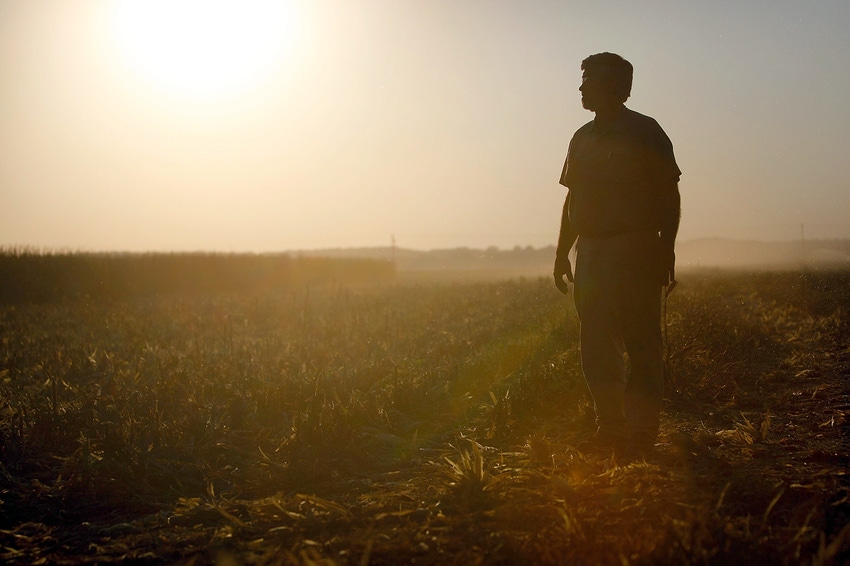August 19, 2015

The Subcommittee on Land Tenure for the USDA’s Advisory Committee on Beginning Farmers and Ranchers convened a public forum at Drake University in Des Moines, Iowa, on June 23 to consider issues regarding access to land, farm business transition, and land tenure.
Beyond the lively discussions among committee members, we heard from interested callers and letter writers. Though the date has long since passed for the initial round of public input, as a subcommittee member and practicing succession planning professional, I will appreciate your thoughts. The USDA is specifically interested in the following topics:

Kevin Spafford
1. How are farmers currently making farm business transitions and land or asset transfers between generations and non-family owners?
2. How do changes in agricultural land tenure, such as increased reliance on leasing, impact the ability of USDA to serve the needs of America’s farm families?
3. How do changes in land tenure affect the access and availability of farmland for new and beginning farmers?
4. How do we help farms plan for transitions in advance and best support those who inherit farmland?
First, let’s define land tenure. From my perspective, it’s simply the how, who, what, and when of holding the land and transitioning it to the next generation. Since land is the basis for a farming operation and not surprisingly the biggest investment on the farm, it stands to reason the USDA will be concerned with this topic.
Land tenure affects our food supply and food security. It speaks to our agrarian roots and allows us to remain a free and sovereign nation. Land use impacts conservation programs and opportunities for agripreneurs. Considering land tenure, especially as may relate to a new and beginning farmer or rancher, I wonder out loud: Does government intervention improve a situation or does it create more regulation, impede development, and constrain natural forces? This is not said to be controversial, but rather to provoke thought and further discussion.
Can government help?
Please consider, can the government help? If so, how? So many land tenure issues are behavioral for both current and aspiring owners, so the real question becomes how can the USDA affect an owner’s behavior and generate a positive result? Can the government positively influence natural motivators around fear and greed? For instance, education is good, but it can’t be forced. And, regulations have an effect, but cost real dollars and may result in missed opportunities.
FSA programs, new and beginning farmer programs, etc., have been around for years, yet we’re still grappling with the same ol’ problems. How will a new program fix things and provide “equal opportunities” rather than stress over “equal outcomes?” Input from the field will help us come to grips with this situation and balance a desire to help, against the government’s ability to interfere.
Land tenure and farmland transitions are integral to the succession planning process. Though complex and steeped in emotion, planning for a next generation of family ownership is very doable. As a family business owner you make decisions and deal with major challenges every day.
Planning for succession removes doubt, puts you in charge, and allows you to control the outcome. Succession allows you to establish a plan for transition and pass the farm to a well-prepared next generation. Succession encourages you to include others in the conversation, promotes constructive dialogues, and minimizes the unknown.
Please feel free to send me your thoughts. And, even if you can’t help the USDA sort through the issues surrounding land tenure, maybe you can help yourself and your family.
Kevin Spafford and his firm Legacy by Design (Legacy-by-Design.com) serve the succession planning needs of farmers, ranchers, and agribusiness owners. Reach Kevin by email ([email protected]) or phone (877) 523-7411.
You May Also Like




